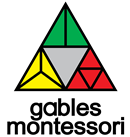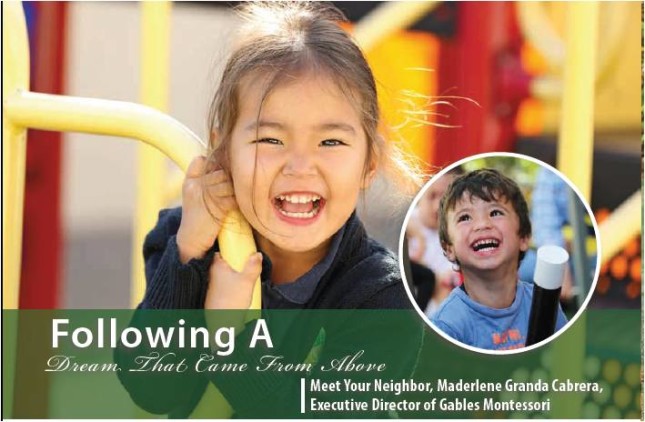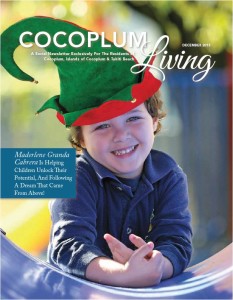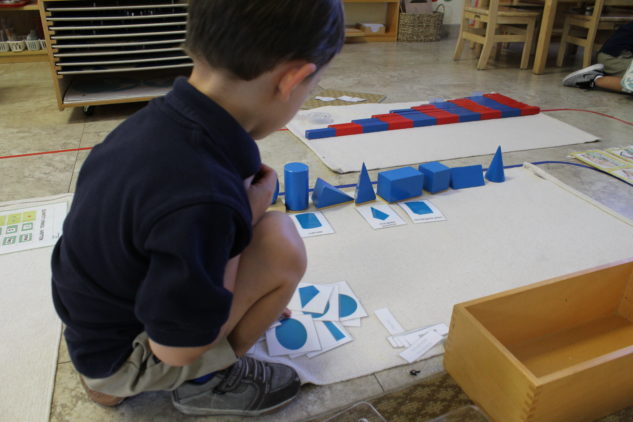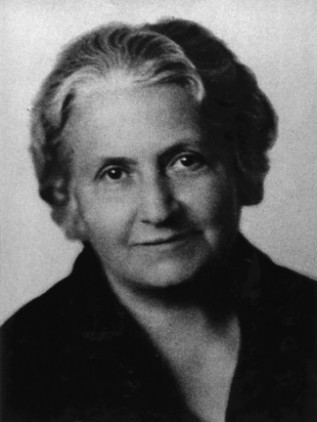By Steve Denning. Forbes Contributor
Opinions expressed by Forbes Contributors are their own.
Let’s Learn From Montessori
The idea that we don’t have to reinvent the wheel was striking. The example of thousands of Montessori schools is before us. Montessori puts the student at the center. It is proven to work. As noted by Sivadlk it’s working on every inhabited continent, at every economic level. The approach is over 100 years old but the ideas are timeless. The world is finally catching up with Maria Montessori’s insights.
Is Montessori The Key To Apple and Amazon?
There was considerable interest in the Wall Street Journal article by Peter Sims, author of Little Bets: How Breakthrough Ideas Emerge from Small Discoveries (Free Press, 2011) about the possibility of a “Montessori Mafia”, given that the Montessori approach has spawned a creative elite, including Google’s founders Larry Page and Sergei Brin, Amazon’s Jeff Bezos, videogame pioneer Will Wright, Wikipedia founder Jimmy Wales, cook Julia Child and rapper Sean “P.Diddy” Combs.
The Montessori learning method establishes a collaborative environment without grades or tests, multi-aged classrooms, as well as self-directed learning and discovery for long blocks of time.
Montessori methods go against the grain of traditional educational methods but they have uncanny parallels in the success of their alumni:
Google wasn’t launched by Larry Page and Sergei Brin as a brilliant vision, but rather as a project to improve library searches, followed by a series of small discoveries that unlocked a revolutionary business model.
Amazon’s strategy by Jeff Bezos involves developing ideas in new markets similar to “planting seeds” or “going down blind alleys.” Amazon’s executives learn and uncover opportunities as they go, with many dead ends but also sometimes a huge, broad avenue.
Montessori Isn’t Just Primary Education
The impression that the Montessori approach is just for primary school was corrected. There are an increasing number of Montessori schools that educate kids in grades 7-12, as shown in this extensive overview of Montessori at the secondary level. The crown jewel of these programs, according to Daniel Petter-Lipstein, is the Clark Montessori in Cincinnati, a free public high school which provides these results for a class of 88 students:
100% of the class of 2010 are expected to graduate
100% of the class of 2010 are going on to college
33% of current seniors are first generation in their families to go to college
33% of current seniors receive free or reduced lunch
The Center for School Change, a research center issued a report on models of great small high schools and cited Clark as a model.
The Goal Of Education: Lifelong Learning
Overall, there was resonance with the idea that education concerns inspiring students to become life-long learners with a love of education.
Several readers (Geoff Barbaro, Robin Cangie) pointed to the dangers of the word “educated”, which wrongly implies that education is a destination rather than a journey. In that sense, one is never “educated”, one is always continuing to learn. If at any point, the point the journey stops, then education has failed.
Geoff Barbaro pointed to the need for education to be outward looking include the desire to face the situations of your life and to understand the situations of others, with the ability to gain the knowledge and create the experiences to achieve that desire.
Robert Picard suggested that education is really a way of looking at and interacting with the world. It involves having sufficient knowledge to ask good questions, having a willingness to consider different points of view, having the ability to analyze and make up one’s own mind and understand the basis for one’s opinion or decision. There are many ways to get an education and one of them is in school. Schools, however, turn out both educated and uneducated persons.
Randal Hendee is thrilled with A New Culture of Learning (2011) because it validates practices he started using in his high school English classes way back in the early 1980s. “In literature study, for example, student response came first, and the teacher’s interpretation was never presented as definitive. Seeking to understand new material while interacting with classmates was valued over digesting spoon-fed teacher insights.”
Getting Away From Test-Driven Teaching
There was general horror at the current thrust to equate education with being able to deliver the expected answers on a standardized test.
Some noted that looking at education as producing outputs (students who could pass the test) was a very 20th Century way of looking at the world, and out of sync with what is going to move society forward in the 21st Century.
Looking at education as lifelong learning is more and more in sync with what is happening in the workplace and marketplace, which is basically very good news. Firms need, and are beginning to want, people who are genuinely “educated.”
Testing The Right Things
The discussion touched on what’s wrong with the current approach to testing. It’s not that testing is wrong. Testing is good, provided that the right things are being measured. We desperately need to know where we are making progress and where we aren’t. The problem with today’s tests in education is what’s being tested. It’s a focus on solely counting numbers of people who have acquired the knack of providing the expected answer to a standardized test, rather than whether they have deeply understood the material, know what questions to ask and how to apply the learning in real life. In short, as in business where the world is largely run by bean counters, they are measuring outputs, rather than outcomes, with the same dispiriting result.
This way of testing is the consequence, as in business, of a view of both teachers and students as “things” to be manipulated, rather than people to be interacted with and conversed with and responded to.
The Importance Of Self-Testing: ELLI
What is the right approach to measurement? Douglas Thomas and John Seely Brown in A New Culture of Learning suggest that testing must measure the ability to ask the right questions, not just regurgitate the expected answers.
Self-measurement is another key, since any teacher-imposed test about “the right answers” will always be subject to skepticism and gaming.
In this respect Randal Hendee drew our attention to ELLI, the Effective Lifelong Learning Inventory, a self-assessment tool that identifies seven dimensions of “learning power.”
The ELLI approach provides a research-derived rubric for a person of any age to cultivate for themselves, with the help of teachers, peers, and community members, these key dimensions of learning: changing; learning, meaning making, critical curiosity, creativity, learning relationships, strategic awareness, and resilience. In classroom practice these seven dimensions are illustrated and reinforced through metaphors and stories. Students are invited to use various metacognitive processes to enhance and evaluate their own progress. In this way they learn how to improve their own learning within a community of learners that includes both kids and adults.
Source: www.forbes.com
